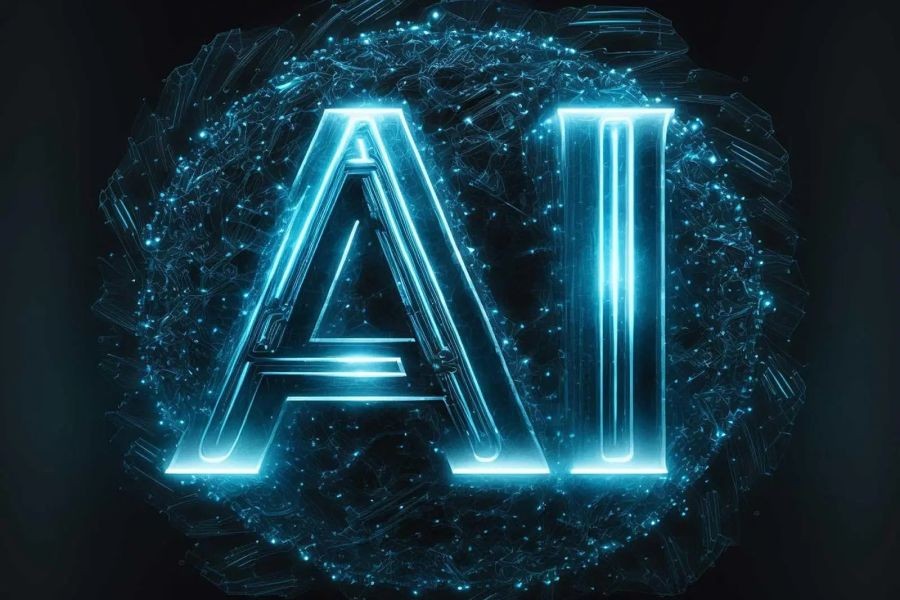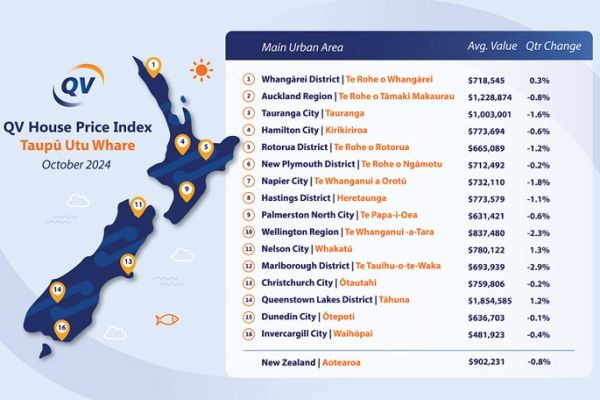Artificial Intelligence (AI) is not just a buzzword—it's a transformative force reshaping industries across the globe, and New Zealand is no exception. The integration of AI technologies is redefining how businesses operate, offering unprecedented efficiencies and competitive advantages. While AI's impact is profound, it also presents challenges that traditional industries must navigate to remain viable. This article delves into the nuances of AI's disruption in New Zealand, providing insights for tax specialists and business leaders alike.
Understanding AI's Influence on New Zealand's Economy
AI is projected to contribute significantly to New Zealand's GDP by 2030, potentially adding over NZD 54 billion, according to the Ministry of Business, Innovation and Employment (MBIE). This is largely due to AI's ability to enhance productivity and foster innovation across multiple sectors, including agriculture, finance, and healthcare. However, understanding AI's economic implications requires a deeper dive into specific industries.
Case Study: AI in New Zealand's Agriculture Industry
New Zealand's agriculture sector, a cornerstone of its economy, is experiencing a paradigm shift with AI. Agricultural technologies, such as precision farming and predictive analytics, are enabling farmers to optimize resources and increase yields. For instance, companies like Robotics Plus are leveraging AI to automate fruit picking, significantly reducing labor costs and improving efficiency.
Problem: Traditional farming methods were labor-intensive and less efficient, leading to high operational costs.
Action: Robotics Plus introduced automation and AI to streamline operations.
Result: A 30% reduction in labor costs and a 20% increase in productivity.
Takeaway: AI-driven automation can significantly enhance efficiency in agriculture, reducing costs and improving output.
AI in the Financial Sector: Opportunities and Challenges
The financial industry in New Zealand is rapidly adopting AI to enhance customer experiences and streamline operations. AI technologies, such as chatbots and robo-advisors, are transforming how financial institutions interact with customers, providing personalized services and improving decision-making processes.
Pros and Cons of AI in Finance
- Pros:
- Enhanced customer service through 24/7 chatbots.
- Improved fraud detection and risk management.
- Cost savings through automation of repetitive tasks.
- Cons:
- Concerns over data privacy and security.
- Potential job displacement due to automation.
- High initial investment costs for AI technology.
The Healthcare Revolution: AI's Role in New Zealand
AI is poised to revolutionize healthcare in New Zealand by enhancing diagnostic accuracy and streamlining treatment processes. AI-powered diagnostic tools are helping clinicians make more accurate and faster diagnoses, improving patient outcomes. For example, AI algorithms are being used to analyze medical images with a precision that rivals human experts.
Real-World Impact: Case Study of AI in Diagnostics
Problem: Delays in diagnostic processes were affecting patient outcomes.
Action: A leading hospital implemented AI-based diagnostic tools.
Result: Diagnostic accuracy improved by 15%, and turnaround times decreased by 30%.
Takeaway: AI can significantly enhance diagnostic processes, leading to better patient care and efficiency.
Contrasting Viewpoints: AI's Impact on Employment
While AI offers numerous benefits, it also raises concerns about job displacement. Some experts argue that AI will create new job opportunities, while others warn of significant job losses, particularly in sectors reliant on manual labor.
Debate: Is AI Creating or Eliminating Jobs?
Advocate View: AI is creating new roles in tech and data analysis, requiring skilled labor.
Critic View: Automation is replacing low-skilled jobs, leading to unemployment in certain sectors.
Middle Ground: Investment in reskilling and education is crucial to ensure the workforce can adapt to AI's demands.
Common Myths and Mistakes
- Myth: AI will replace all human jobs.
- Reality: AI is expected to create as many jobs as it displaces, emphasizing the need for reskilling (Source: Future of Work NZ 2024).
- Myth: AI implementation is too costly for small businesses.
- Reality: AI tools are becoming more accessible and affordable, enabling small businesses to enhance productivity (Source: Small Business NZ 2023).
Future Trends: AI's Evolution in New Zealand
By 2028, AI is expected to be integral to most sectors in New Zealand, with a focus on sustainable practices and ethical AI. The government is likely to implement policies to support AI innovation while ensuring data privacy and security.
Predictions for AI Adoption
According to a report by NZTech, AI adoption in the business sector is expected to increase by 50% over the next five years, driven by advancements in machine learning and big data analytics. This growth will be accompanied by a robust framework for ethical AI implementation, ensuring trust and transparency in AI applications.
Conclusion: Final Takeaways and Call to Action
- Fact: AI is set to add NZD 54 billion to New Zealand's GDP by 2030.
- Strategy: Businesses should invest in AI technologies to enhance productivity and competitive advantage.
- Mistake to Avoid: Overlooking the importance of ethical AI practices and data privacy.
- Pro Tip: Start small with AI adoption and scale as you gain insights and experience.
To stay ahead in the AI revolution, business leaders and tax specialists must embrace AI's potential while navigating its challenges. Are you ready to integrate AI into your strategy? Share your thoughts and experiences below!
People Also Ask (FAQ)
How does AI impact businesses in New Zealand?
AI helps businesses enhance productivity and customer engagement, leading to higher revenue growth. Companies leveraging AI report a 25% increase in customer retention (Source: NZ Business Insights).
What are the biggest misconceptions about AI?
One common myth is that AI will replace all jobs. However, AI is expected to create as many jobs as it replaces, emphasizing the need for reskilling (Source: Future of Work NZ 2024).
Related Search Queries
- AI in New Zealand agriculture
- AI and employment in New Zealand
- Future of AI in finance
- AI ethical practices
- AI adoption trends in New Zealand
- AI impact on healthcare
- AI technologies for small businesses
- AI and data privacy
- AI job creation and displacement
- AI's role in New Zealand's economy
































NicholasSh
10 months ago